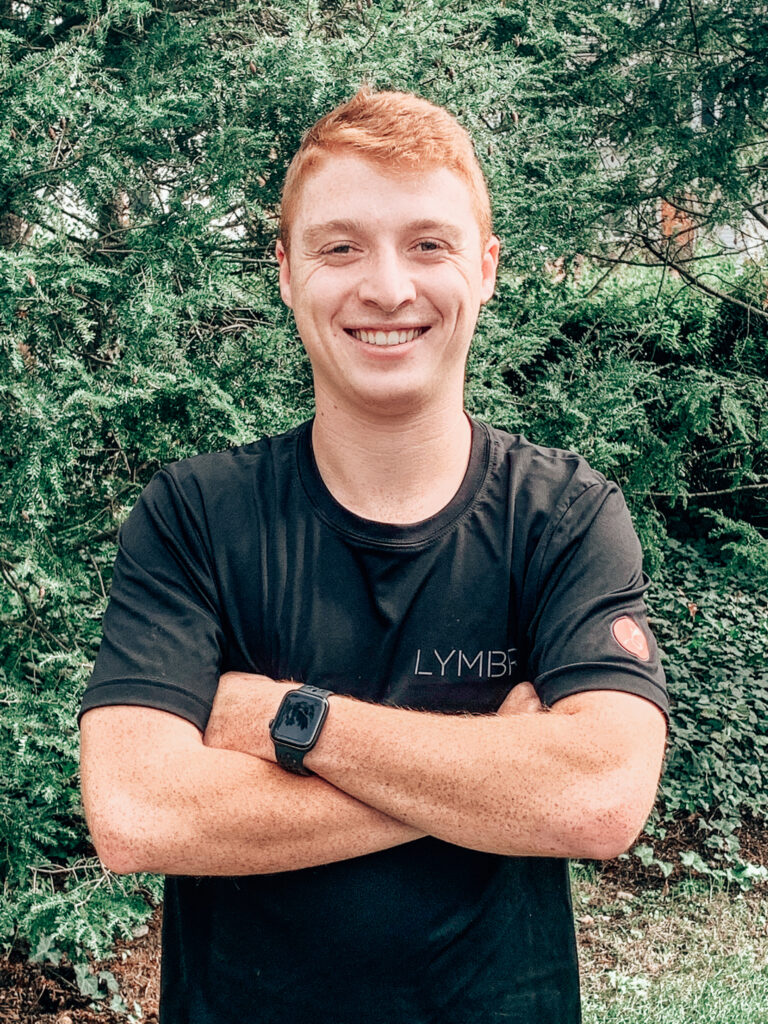There is no better feeling than completing a marathon. All your time and commitment has finally paid off. I had this feeling back in 2019 when I completed my first ever marathon. The emotions I felt were something I will never forget. Ever since that day, I have been chasing that feeling of exhausting accomplishment. Over the next year, I have registered for 2 more marathons. One marathon is on April 30th of 2022. I have since been in marathon training. Wanting to improve my time, I have been studying the benefits of long distance runs versus short distance runs while undergoing my training process.
LONG RUNS
Long distance runs are important for many reasons. You want to improve your endurance and increase your muscle power. During long distance runs, your body recruits fast twitch muscle fibers to help with slow twitch tasks. You want more muscle fibers to get you through the part of the marathon, which is called the “wall”. This is when a runner’s glycogen within the muscles is depleted. So, training your body to get past this point is essential, which is one of the main reasons for completing long distance runs in training. Some of the other physiological and mental benefits of long runs include training the body to use fat as fuel before the carbs are depleted and it improves your mental toughness and builds confidence. The mental benefits are equally as valuable as the physical benefits. Understanding that you can go 18,19, 20 miles is extremely important for physical and mental resiliency, especially when “the wall” is upon you.
SHORT RUNS
Short distance runs are just as important when training for a marathon. Short distance runs are essential for improving your VO2 Max, which is the maximum rate of oxygen consumption during vigorous exercise. Improving this is essential, as it will increase you heart rate overall during the race, making it easier to breathe and increase the amount of energy you have during the race. Other benefits include increasing the response time of the neuromuscular system which increases your time overall.
DON’T SKIP RECOVERY
Recovery is also an extremely important part of marathon training. We spoke in an earlier blog on recovery tips about doing things that you like, versus doing things that like you. Doing things you like would be eating a big greasy sandwich and having a beer after a long run. Doing things that like you are stretching, foam rolling, getting enough sleep and ice baths. LYMBR is happy to be a part of that recovery process for many clients who train during racing season. Limiting injury and increasing mobility, agility, and even overall race time is what we are here to help with. Finding a happy mix between the training and recovery will not only improve your performance and make your runs more enjoyable, but it will also limit injury and help ensure you do not fall victim to over-training from lack of recovery time.
Want something more personalized for your needs? Check out our Runner’s Package to help you stay committed to your recovery and get the most out of your long and short runs. Enjoy your training!

CLICK HERE TO BOOK A SESSION WITH CHRISTIAN.

